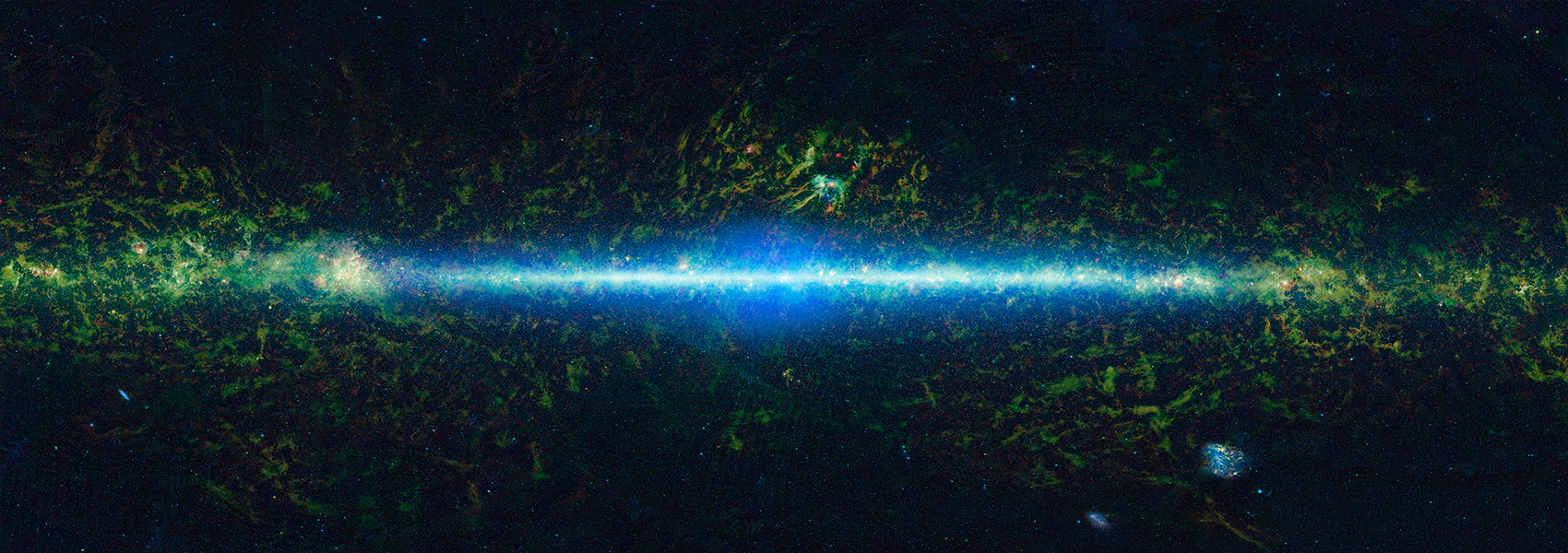January
2019
•
2019MNRAS.482.3514P
Authors
•
Pelliccia, Debora
•
Lemaux, Brian C.
•
Tomczak, Adam R.
•
Lubin, Lori M.
•
Shen, Lu
•
Epinat, Benoît
•
Wu, Po-Feng
•
Gal, Roy R.
•
Rumbaugh, Nicholas
•
Kocevski, Dale D.
•
Tresse, Laurence
•
Squires, Gordon
Abstract
•
We present an investigation of the dependence of galaxy kinematics on the environment for a sample of 94 star-forming galaxies at z ∼ 0.9 from the ORELSE survey. ORELSE is a large photometric and spectroscopic campaign dedicated to mapping out and characterizing galaxy properties across a full range of environments in 15 fields containing large-scale structures (LSSs) in a redshift range of 0.6 < z < 1.3. We constrained the rotation velocity for our kinematic sample in an ORELSE field, containing the SC1604 supercluster, by fitting high-resolution semi-analytical models to the data. We constructed the stellar-mass/B-band Tully-Fisher relation and found no dependence of the intrinsic scatter on both local and global environment. Moreover, we compared the stellar-to-dynamical mass ratio (M*/Mdyn) of SC1604 galaxies to those residing in less dense local environment by leveraging data from the HR-COSMOS sample. We found that, at fixed stellar mass, SC1604 galaxies have {∼ }30{{ per cent}} smaller dynamical masses on average. By comparing the distributions of the galaxy parameters that define Mdyn (i.e., circular velocity and the characteristic radius r2.2) between SC1604 and HR-COSMOS, we found that smaller dynamical masses are mostly caused by smaller r2.2 for SC1604 galaxies. We also observed that SC1604 galaxies in general show {∼ }20{{ per cent}} lower stellar specific angular momentum (j*) with respect to the HR-COSMOS sample. Adopting literature estimates for (1) the excess rate of galaxy-galaxy mergers in intermediate/high-density environments and (2) the average amount of j* loss per merger event, we investigated the possibility that galaxy mergers are mainly responsible for the loss of angular momentum in higher density environments.
Links




